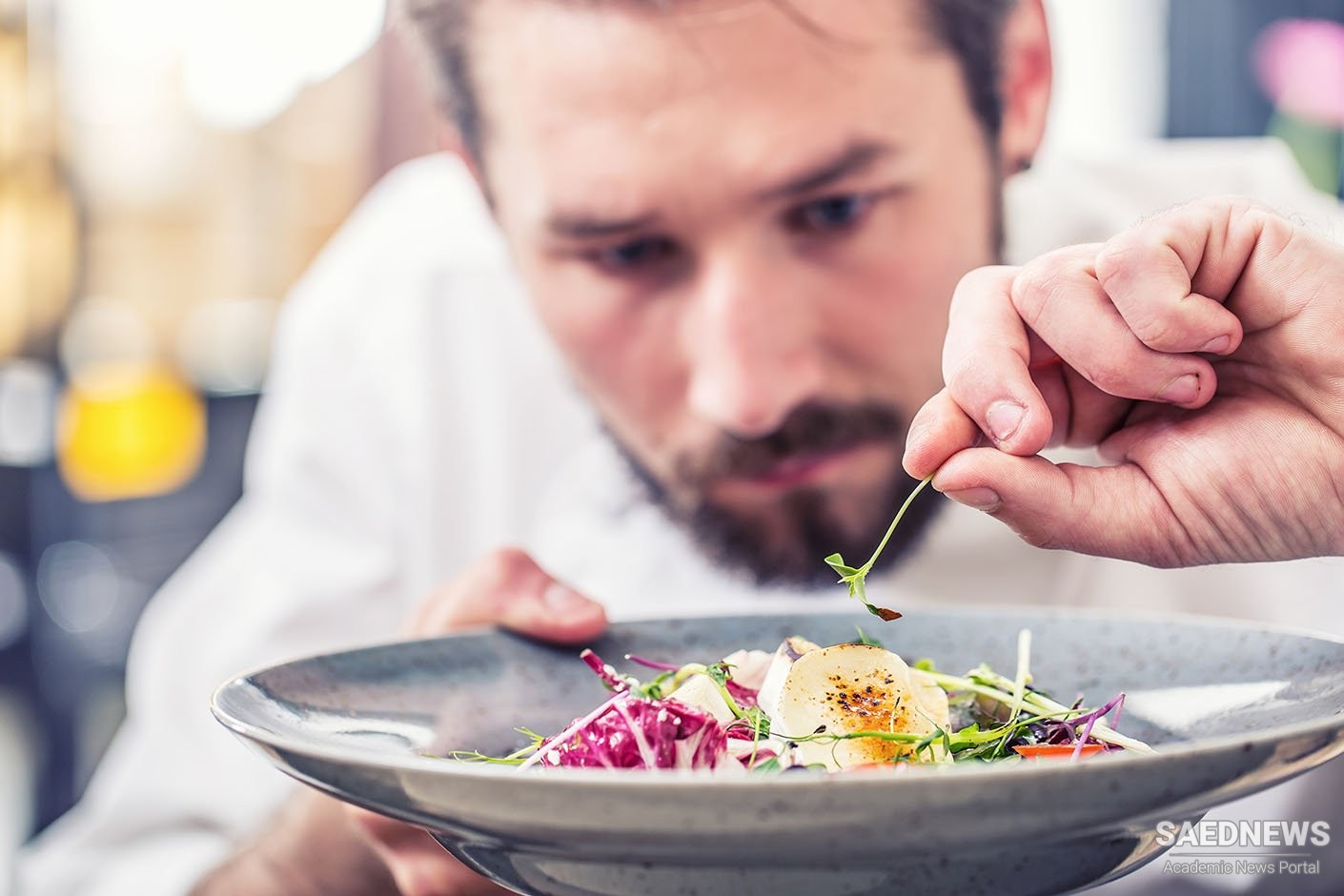The social survival of food in any given form depends entirely upon the critical discourse that translates the cultural presuppositions about food for the reader-diner. Just as the written word fixes speech, so culinary discourse secures the transitory experiences of taste. It figures the material as intellectual, imaginative, symbolic, aesthetic. These representations socialize food, not the dishes and meals of culinary practice. The texts of culinary discourse convert culinary production into a truly cultural phenomenon. Where cooking humanizes food by making it fit for human consumption, cuisine socializes cooking. The culinary text reconfigures an individual activity as a collective enterprise. The texts themselves include cookbooks and gastronomic journalism, philosophical treatises and literary works. Each of these genres sustains a critical culinary discourse by providing an idiom capable of communicating and generalizing individual sense experience and specific culinary practices. Together, these works make up an archive of culinary attitudes and ideas, techniques and usages. It is to these culinary texts, then, that we must look to investigate the special role that food plays in constructing both the cultures in which we live and our places in them. The most obvious social objective of culinary discourse has to do with the control of individual and collective relationships to food. The individual no less than society has a strong interest in controlling sensuality—even when that interest is to eliminate all apparent control. Where the individual looks to control pleasure and pain by seeking or avoiding given foods, any group concerned with collective behavior regulates food as an important means of social control. From the parental promise of dessert in exchange for vegetables dutifully consumed to sumptuary laws and religious dietary interdictions, the manipulation of food orders the lives of individuals and institutions. These maneuvers prove all the more necessary, and all the more effective, to the degree that food carries negative as well as positive connotations.


 Culinary Culture: Ephemerality, Taste Community and Aesthetics of Food
Culinary Culture: Ephemerality, Taste Community and Aesthetics of Food














































